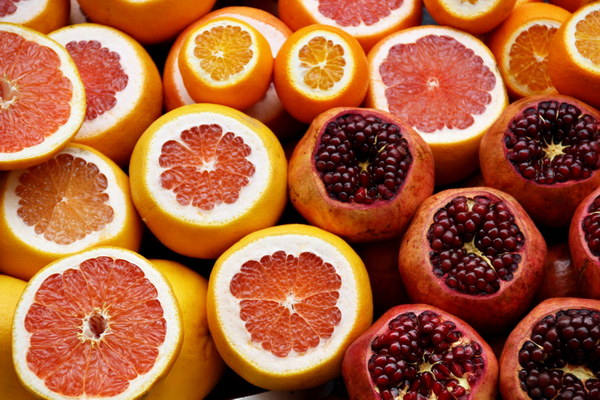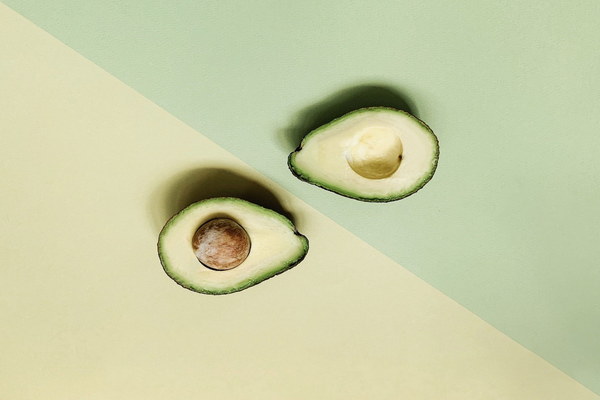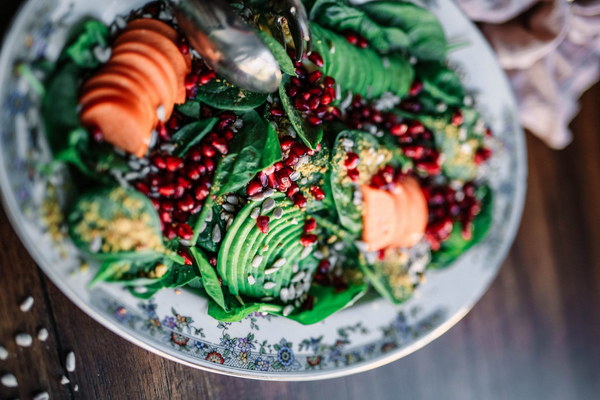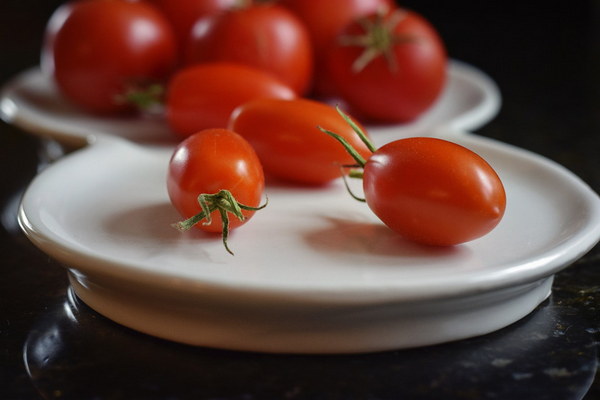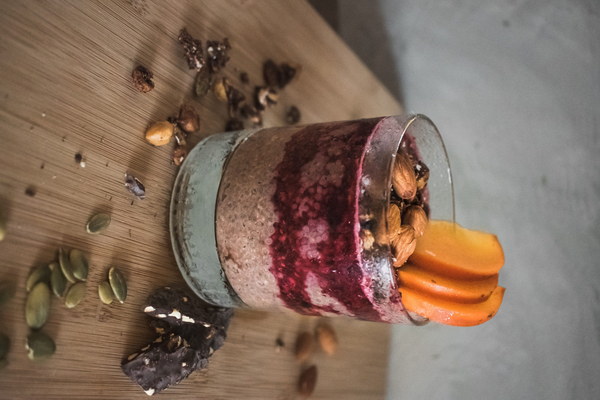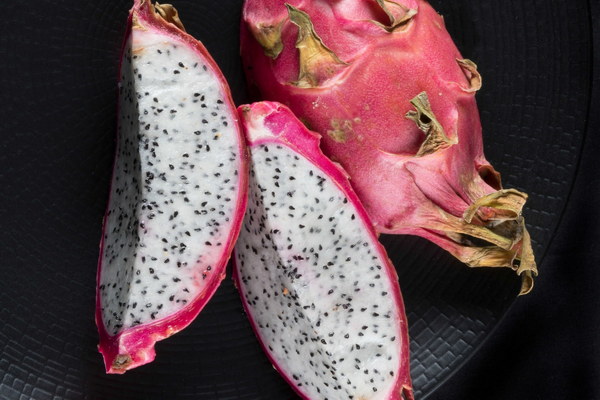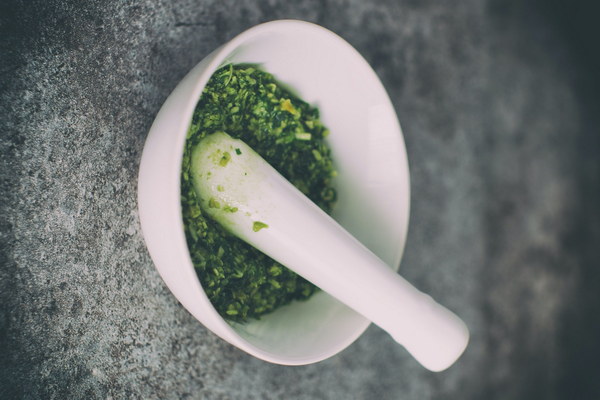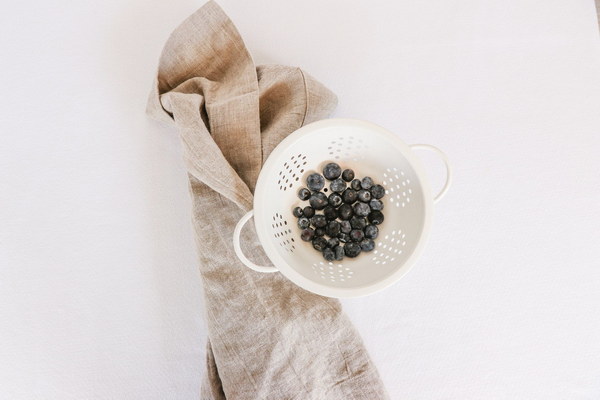Nurturing Spleen and Kidneys in a Humid and Warm Environment Traditional Chinese Medicine Insights
In regions where humidity and warmth dominate the climate, maintaining a healthy spleen and kidney function becomes crucial. Traditional Chinese Medicine (TCM) offers a wealth of knowledge on how to nourish these vital organs in such conditions. This article will delve into the principles of TCM and provide practical tips on how to support spleen and kidney health in a humid and warm environment.
I. Understanding the Impact of Humidity and Warmth on Spleen and Kidneys
In TCM, the spleen and kidneys are considered two of the most important organs in the body. The spleen is responsible for transforming food into energy and transporting nutrients throughout the body, while the kidneys are in charge of storing essence and regulating fluid balance. In a humid and warm climate, these organs can be particularly susceptible to imbalance.
Humidity and warmth can lead to an accumulation of dampness in the body, which can affect the spleen's ability to transform food into energy. This may result in symptoms such as fatigue, bloating, and weight gain. Similarly, dampness can also impair the kidneys' function, leading to issues like frequent urination, low back pain, and weakness.
II. TCM Principles for Nourishing Spleen and Kidneys in a Humid and Warm Environment
1. Diet: A balanced diet is essential for supporting spleen and kidney health. In a humid and warm climate, it is recommended to consume foods that are nourishing and have a warming effect. Some examples include:
- Warm grains, such as rice and millet
- Root vegetables, such as carrots, beets, and sweet potatoes
- Nuts and seeds, such as walnuts and pumpkin seeds
- Herbs and spices with warming properties, like ginger, cinnamon, and turmeric
2. Acupuncture and Moxibustion: These ancient Chinese healing techniques can help balance the body's energy and eliminate dampness. Acupuncture involves inserting fine needles into specific points on the body, while moxibustion involves burning dried mugwort on acupuncture points.
3. Herbs: TCM herbal formulas can be used to support spleen and kidney health. Common herbs include:
- Astragalus (Huang Qi)

- Codonopsis (Dang Shen)
- Cinnamon (Rou Gui)
- Atractylodes (Bai Zhu)
4. Exercise: Regular physical activity is beneficial for maintaining a healthy spleen and kidney. Gentle exercises, such as tai chi or qigong, can help improve circulation and balance the body's energy.
5. Lifestyle: Avoiding excessive exposure to damp and warm environments, managing stress, and getting adequate sleep can also help support spleen and kidney health.
III. Practical Tips for Nurturing Spleen and Kidneys in a Humid and Warm Climate
1. Keep your living space well-ventilated and dry to reduce dampness.
2. Avoid consuming excessive amounts of cold and raw foods, as these can contribute to dampness accumulation.
3. Practice self-massage on acupuncture points that correspond to the spleen and kidneys, such as SP6 (Sanyinjiao) and BL23 (Shenshu).
4. Incorporate warming herbs and spices into your cooking, especially during meals.
5. Stay active and engage in regular physical exercise, such as walking or yoga.
6. Seek professional guidance from a TCM practitioner to tailor a treatment plan specifically for your needs.
By following these TCM principles and practical tips, you can effectively nourish your spleen and kidneys in a humid and warm environment. Embracing the wisdom of Traditional Chinese Medicine can lead to improved overall health and well-being.
